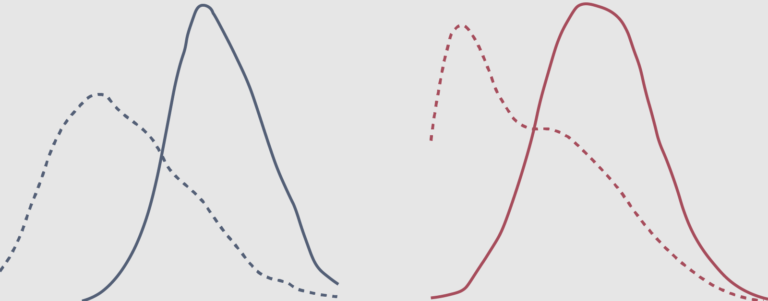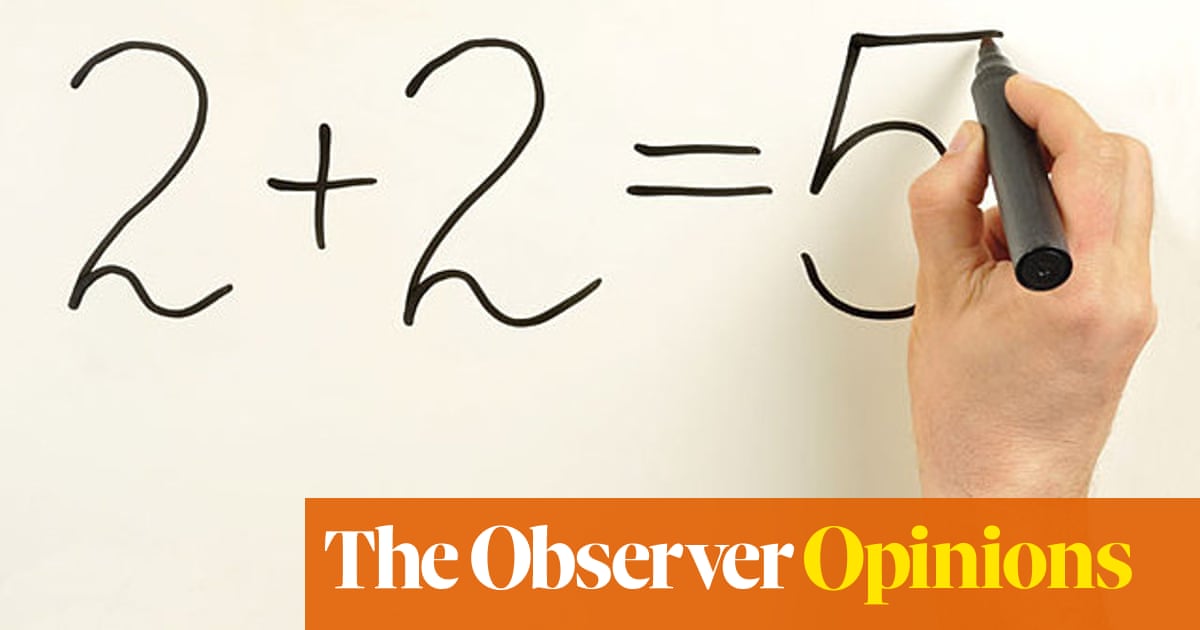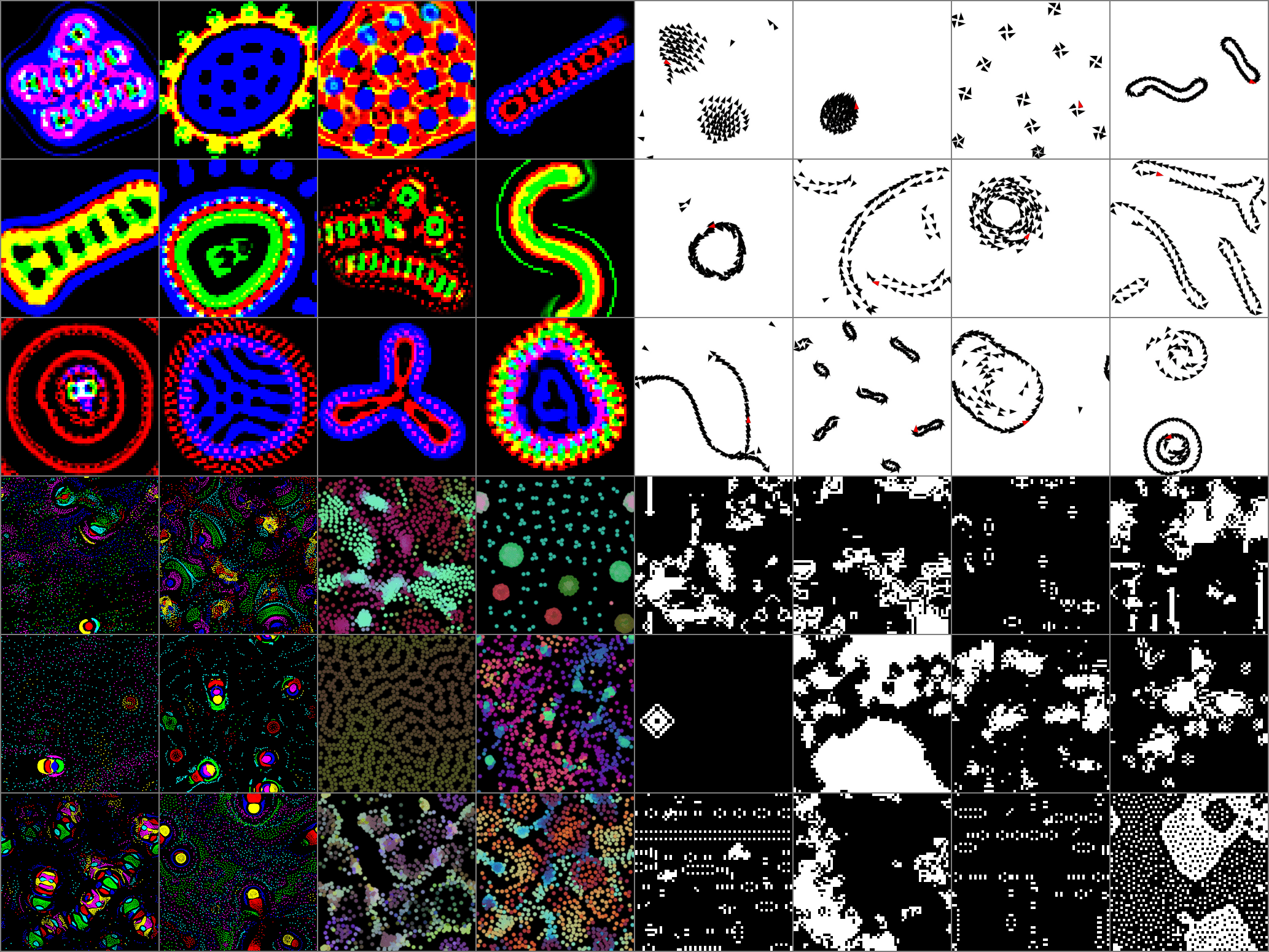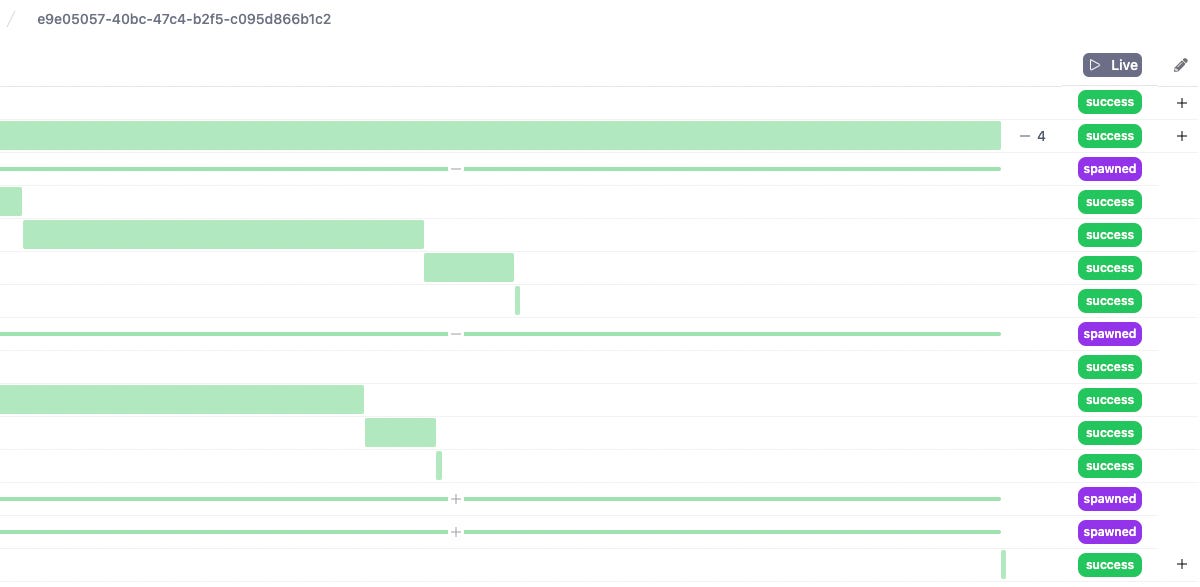
Why Are Men More Vulnerable to Depression in Fatherhood?
Most of us are aware that postpartum depression is a common challenge for new mothers and has a negative impact on both mothers and their infants. But many people don’t realize that fathers also face an increased risk of depression surrounding the birth of their child.
The baseline rate of depression among men living in developed nations is around 5 percent. However, this figure doubles to more than 10 percent during the perinatal period, which includes pregnancy and the first postnatal year. For comparison, the rate of perinatal depression in women is around 25 percent. The risk for parents peaks three to six months after birth, with rates climbing to around 25 percent for fathers and 40 percent for mothers.
Rates of paternal depression vary considerably across developed nations but are notably higher in the United States. As one of the only high-income countries without state-supported paternity leave, it is natural to wonder whether this could be a contributing factor.
Similar to maternal depression, depression in fathers is associated with a host of negative outcomes in children. A number of studies have shown that children with depressed fathers tend to do worse socially and academically, and they tend to have more behavioral and psychological problems. There are at least three possible explanations for this association.






















